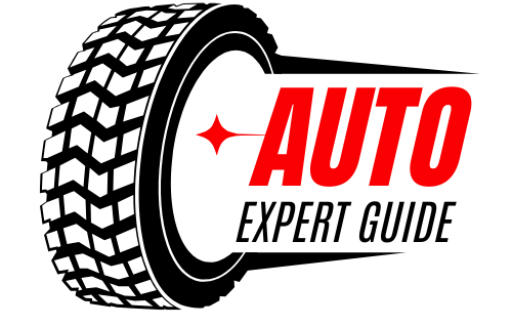12 Car Maintenance Services You Should Do Every Year

Keeping up with yearly car maintenance is the key to longer vehicle life, better performance, and fewer costly breakdowns. On the other hand, neglecting your car can lead to expensive repairs and safety hazards.
So, if you want to keep your vehicle running smoothly and safely, here are 12 essential maintenance tasks that should be on your annual checklist.
1. Tire Rotation and Alignment

Uneven tire wear reduces handling and fuel efficiency, making your car harder to control. Regular tire rotation helps distribute wear evenly, extending tire life and saving you money on replacements.
If your car pulls to one side, the steering wheel vibrates, or tires show uneven tread wear, it’s time for a check-up.
While tire rotation is an easy DIY job, wheel alignment requires professional precision. Proper alignment ensures better fuel efficiency and a more comfortable ride.
2. Oil Change

Oil lubricates engine parts, preventing excessive wear, overheating, and costly damage. Fresh oil also improves fuel efficiency and engine longevity.
Dark, sludgy oil, engine knocking, or the oil change light indicate it’s time for a change.
Changing oil yourself is possible, but a professional service ensures proper disposal and includes a filter replacement and engine check-up.
3. Brake Inspection

Faulty brakes can lead to longer stopping distances and dangerous driving conditions. Annual inspections prevent major issues and keep your stopping power at its best.
Squealing or grinding noises, a soft brake pedal, or reduced braking performance mean your brakes need immediate attention.
A certified mechanic should inspect pads, rotors, and brake fluid to avoid expensive repairs later.
4. Battery Testing

A weak battery can leave you stranded at the worst possible moment. Regular testing prevents sudden failures and ensures reliable starts.
Slow engine cranking, dim headlights, or dashboard warning lights suggest the battery is losing strength.
A multimeter can check voltage, but professionals provide a thorough analysis of battery health and charge retention.
5. Fluid Level Checks

Fluids keep major systems lubricated and functioning properly, preventing expensive damage.
If you notice low brake fluid, transmission issues, overheating, or visible leaks under the car, immediate attention is needed.
Checking coolant, transmission fluid, brake fluid, power steering fluid, and windshield washer fluid regularly helps prevent failures. Leaks should be inspected by a mechanic to avoid long-term issues.
6. Air Filter Replacement

A clogged air filter reduces fuel efficiency and makes the engine work harder, leading to performance issues.
Signs of trouble include reduced acceleration, poor fuel economy, or a musty smell inside the car.
This is a quick DIY replacement, but a professional ensures the correct filter type and a proper fit.
7. Spark Plug Inspection

Spark plugs ignite the engine’s fuel-air mixture, and worn-out plugs can cause misfires, reduced fuel efficiency, and rough idling.
Difficulty starting, engine hesitation, or misfiring indicate they need checking.
A professional ensures proper gap settings and installation, improving performance and fuel economy.
8. Wiper Blade Replacement

Worn-out wipers reduce visibility, making driving in rain or snow extremely dangerous.
If there are streaks on the windshield, skipping wipers, or loud squeaking noises, it’s time for new blades.
Replacing them is a quick DIY task, ensuring you see clearly in all weather conditions.
9. Cooling System Service

The cooling system keeps the engine from overheating, preventing major damage.
A high engine temperature, coolant leaks, or a sweet-smelling odor under the hood mean it’s time for a check.
A radiator flush and coolant replacement remove debris buildup, ensuring the engine runs at the right temperature.
10. Transmission Service

Transmission fluid lubricates and cools critical components, ensuring smooth gear shifts and preventing expensive breakdowns.
If your car has rough shifting, slipping gears, or delayed acceleration, the transmission needs attention.
Since incorrect fluid levels can cause severe damage, this service is best left to professionals.
11. Exhaust System Check

A healthy exhaust system reduces harmful emissions and ensures the engine runs efficiently.
Watch for loud engine noise, reduced fuel economy, or a strong exhaust smell inside the car as these could indicate a problem.
A professional can detect leaks, rust, or blockages that could impact performance and air quality.
12. Headlight and Taillight Check

Dim or non-functioning headlights reduce visibility, increasing the risk of accidents.
If your lights flicker, appear uneven, or have burnt-out bulbs, it’s time for a replacement.
Replacing bulbs is easy, but professional alignment ensures proper beam direction for safer driving.
